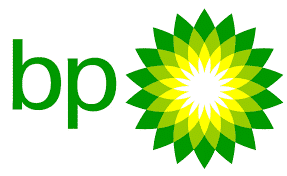
British Petroleum, commonly known as BP, was founded in 1909 when a group of British geologists located oil in the country that is now Iran.
After the company was established, a deal was struck with the Sheikh at the time, to obtain a site on Abadam Island for a refinery, depot, storage tanks, and other operations.
The British navy quickly switched from using coal to oil.
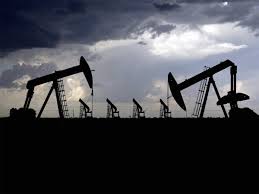
By the 1960s, British Petroleum had developed a reputation for taking on the riskiest ventures. It earned the company massive profits; it also earned them the worst safety record in the industry.
The British government sold 80 million shares of BP at $7.58 in 1979, as part of the Margaret Thatcher-era privatization plan.
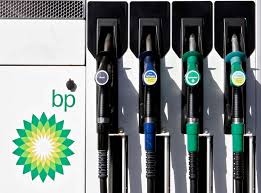
On 23 March 2005, 15 workers were killed and more than 170 injured in the Texas City Oil Refinery explosion. To save money, major upgrades to the 1934 refinery had been postponed and the company promised they would prevent another catastrophe. Three months later, Thunder Horse PDQ, the company’s giant new production platform in the Gulf of Mexico, nearly sank during a hurricane. In the rush to finish the $1 billion platform, workers had installed a valve backward, allowing the ballast tanks to flood. Inspections revealed other shoddy work.
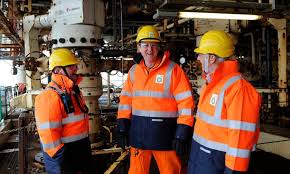
As of December 2018, BP had operations in nearly 80 countries worldwide, produced around 3.7 million barrels per day, and had total proven reserves of 19.945 billion barrels. The company has around 18,700 service stations worldwide, with its largest division is BP America in the United States.
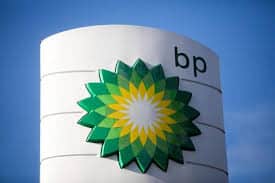
In December 2020, BP India discovered a vast natural gas field on the east coast of India.
Also in December 2020, private energy company Hilcorp announced that they had completed the acquisition of BP’s business in the state of Alaska.
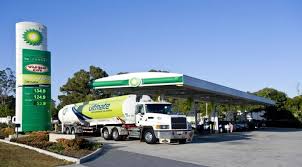
BP Petroleum maintains a corporate office in London, UK.
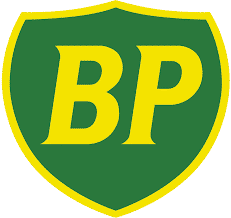

British Petroleum, commonly known as BP, was founded in 1909 when a group of British geologists located oil in the country that is now Iran.
After the company was established, a deal was struck with the Sheikh at the time, to obtain a site on Abadam Island for a refinery, depot, storage tanks, and other operations.
The British navy quickly switched from using coal to oil.
History

By the 1960s, British Petroleum had developed a reputation for taking on the riskiest ventures. It earned the company massive profits; it also earned them the worst safety record in the industry.
The British government sold 80 million shares of BP at $7.58 in 1979, as part of the Margaret Thatcher-era privatization plan.

On 23 March 2005, 15 workers were killed and more than 170 injured in the Texas City Oil Refinery explosion. To save money, major upgrades to the 1934 refinery had been postponed and the company promised they would prevent another catastrophe. Three months later, Thunder Horse PDQ, the company’s giant new production platform in the Gulf of Mexico, nearly sank during a hurricane. In the rush to finish the $1 billion platform, workers had installed a valve backward, allowing the ballast tanks to flood. Inspections revealed other shoddy work.

As of December 2018, BP had operations in nearly 80 countries worldwide, produced around 3.7 million barrels per day, and had total proven reserves of 19.945 billion barrels. The company has around 18,700 service stations worldwide, with its largest division is BP America in the United States.

In December 2020, BP India discovered a vast natural gas field on the east coast of India.
Also in December 2020, private energy company Hilcorp announced that they had completed the acquisition of BP’s business in the state of Alaska.

BP Petroleum maintains a corporate office in London, UK.

Leave a Reply